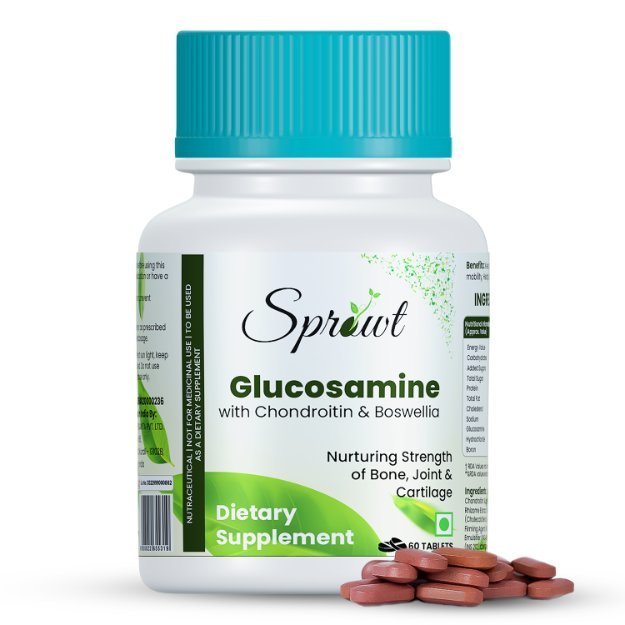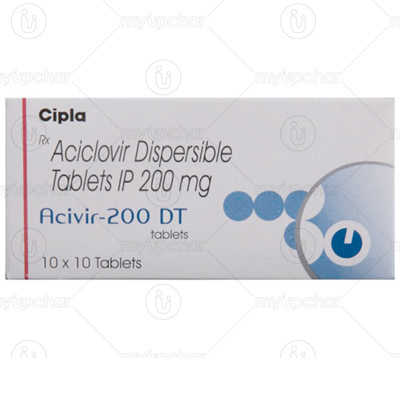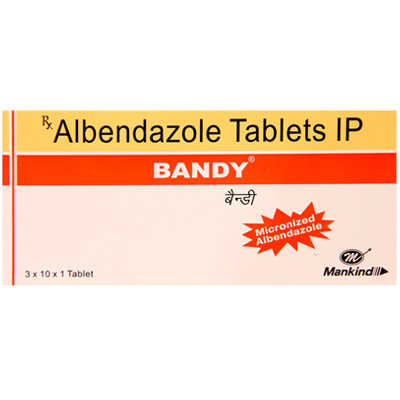Mikapime 250 Injection is a prescription drug, available for use as Injection. Secondary and off-label uses of Mikapime 250 Injection have also been mentioned below.
Medical history of the patient along with age and gender determines the dosage of Mikapime 250 Injection. Besides the medical condition it is advised for, the route of administration also plays an important role in determining the correct drug dosage. For detailed information on this, read through the dosage section.
Some other side effects of Mikapime 250 Injection have been listed ahead. Normally, these side effects of Mikapime 250 Injection are not long lasting and go away when the treatment is finished. Consult your doctor if these side effects become worse or stay for a longer duration.
In addition, Mikapime 250 Injection's effect is Safe during pregnancy and Mild for lactating mothers. In addition, Mikapime 250 Injection's effects on the liver, heart and kidney are discussed below in the Mikapime 250 Injection related warnings section.
Mikapime 250 Injection is not recommended if you suffer from certain medical conditions as it can have adverse effects. Dehydration, Parkinson's Disease, Hearing Loss are examples of such conditions. Other contraindications of Mikapime 250 Injection have been discussed in the sections ahead.
Besides this, Mikapime 250 Injection may also have severe interaction with some medicines. A complete list of these interactions is given below.
Along with the above-mentioned precautions, remember that taking Mikapime 250 Injection is considered not safe while driving, and is not addictive.
X























